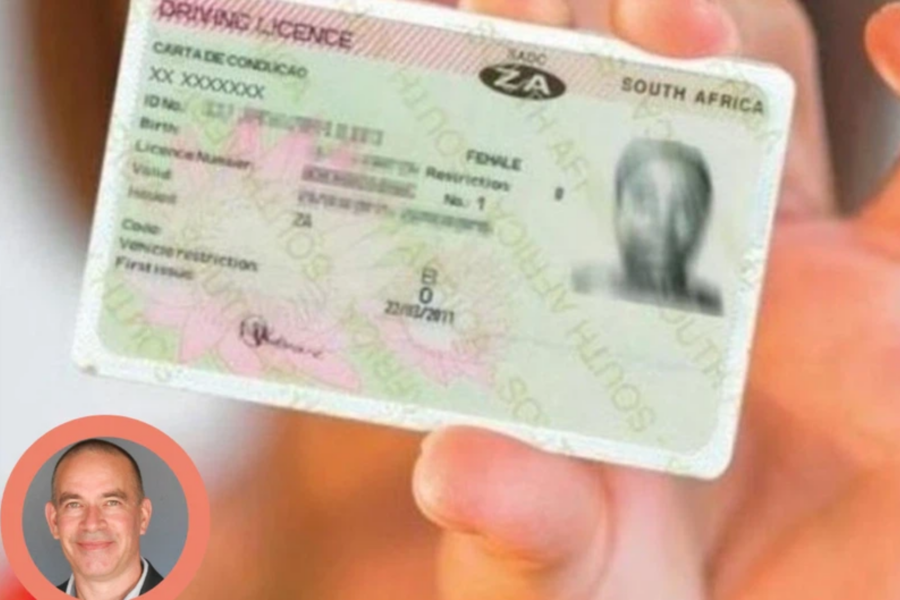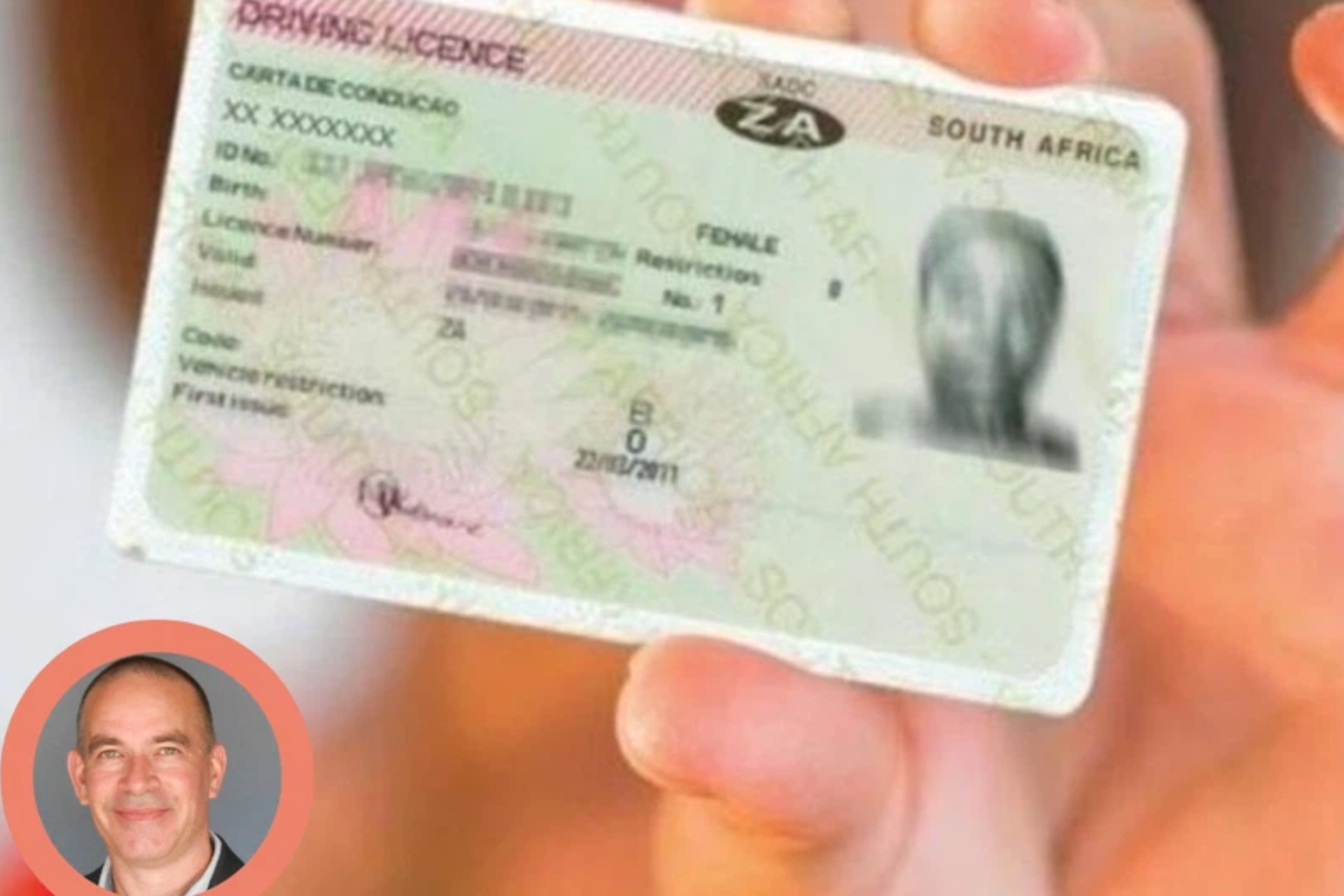
Ditch the license card: SA’s road to digital driving delight
“South Africa should completely scrap the driving licence card and replace it with a digital-only version that will make it fraud-proof and enable traffic officers to focus on actual road safety enforcement,” says Rob Handfield-Jones.

Road safety expert Rob Handfield-Jones, the Managing Director of Driving.co.za, advocates scrapping physical driving license cards in South Africa.
He suggests adopting a fraud-proof digital version, as stated by MyBroadBand. This would enhance road safety enforcement by freeing up traffic officers, suggests Handfield-Jones.
ALSO READ: SIX big changes for NEW driving licences in SA
Afriforum, like Handfield-Jones, supports the notion of non-expiring licenses. Handfield-Jones emphasizes that the license card is mere evidence of the underlying record, which doesn’t automatically expire under South African law.
THE LICENSE CARD IS OUTDATED AND UNNECESSARY
According to Handfield-Jones, the card is outdated and unnecessary, stemming from the pre-connected device era. He clarifies that the license’s purpose is to assure others of a driver’s minimum skill standard. Yet investigations find that many licenses were fraudulently obtained or forged.
“In fact, I don’t even believe the card is necessary—it is an outdated concept from an era before connected devices.”
ALSO READ: AfriForum Calling on Government to “scrap” SA’s five-year driver’s licence
Handfield-Jones asserts that South Africa’s licensing system has transformed into a document-issuing process riddled with corruption, undermining its role in upholding driving standards.
HE SUGGESTS VALIDATING LICENSE CARDS THROUGH ID NUMBERS
Handfield-Jones suggests a straightforward, fraud-resistant fix for South Africa’s licensing problems: validating the license record through an ID number.
Enforcement officers can cross-check this via a networked device against a database during traffic stops.If someone lacks ID, they must visit a Saps office within a week, as before, easily managed through eNatis.
ALSO READ: Driver’s license renewal delays: HOW BAD is the backlog?
Handfield-Jones attributes the discussions about license card validity to the absence of affordable, networked enforcement tools for officers.
However, the Special Investigating Unit’s frequent investigations of driver licensing often found that 50% or more of the sample licenses were fraudulently bought, forged, or simply illegal.
“Our licensing system is no longer a system for imposing minimum driving standards—it’s now a document-issuing system where the primary barrier to entry is corruption, not competence,” Handfield-Jones said.
ALSO READ: ‘You can’t be punished for driving with an expired license card’ – AfriForum
Handfield-Jones asserted that the government has ignored digital licenses due to fears of revenue loss. He explained, “Revenue generation doesn’t demand meeting goals.” He noted how licensing corruption consequences, crash expenses, and road deaths haven’t sparked a voter outcry.
According to Handfield-Jones, the government finds the existing system “politically safe” as it generates revenue. This contrasts with sectors like healthcare, which don’t need to be revenue-positive. He compared road safety’s purpose to public hospitals’ role as taxpayer-funded services to save lives.
ALSO READ: ‘Here are your cards’: SA’s only license printing machine is back in action

Handfield-Jones emphasized that, historically, funding road safety was minimal compared to saving lives. This approach was beneficial and a good use of taxpayer funds.
“THE GOVERNMENT SHIFTS BLAME TO MOTORISTS FOR ITS SHORTCOMINGS”
Handfield-Jones praised the upcoming “digital license” proposal by the Department of Transport for 2025.
However, he highlighted that networked enforcement tests were planned for 2008–2009 alongside the delayed Aarto pilot.
“The government has gaslit the population into believing that road deaths are a failure of personal responsibility.”
ALSO READ: BRICS sets historic new membership, hopes to improve economy
“When I talk to people, I feel little sense that they comprehend the magnitude of their traffic risk, nor that it is primarily a failure of the State.”
“People only drive as badly as their governments allow,” said Handfield-Jones.
